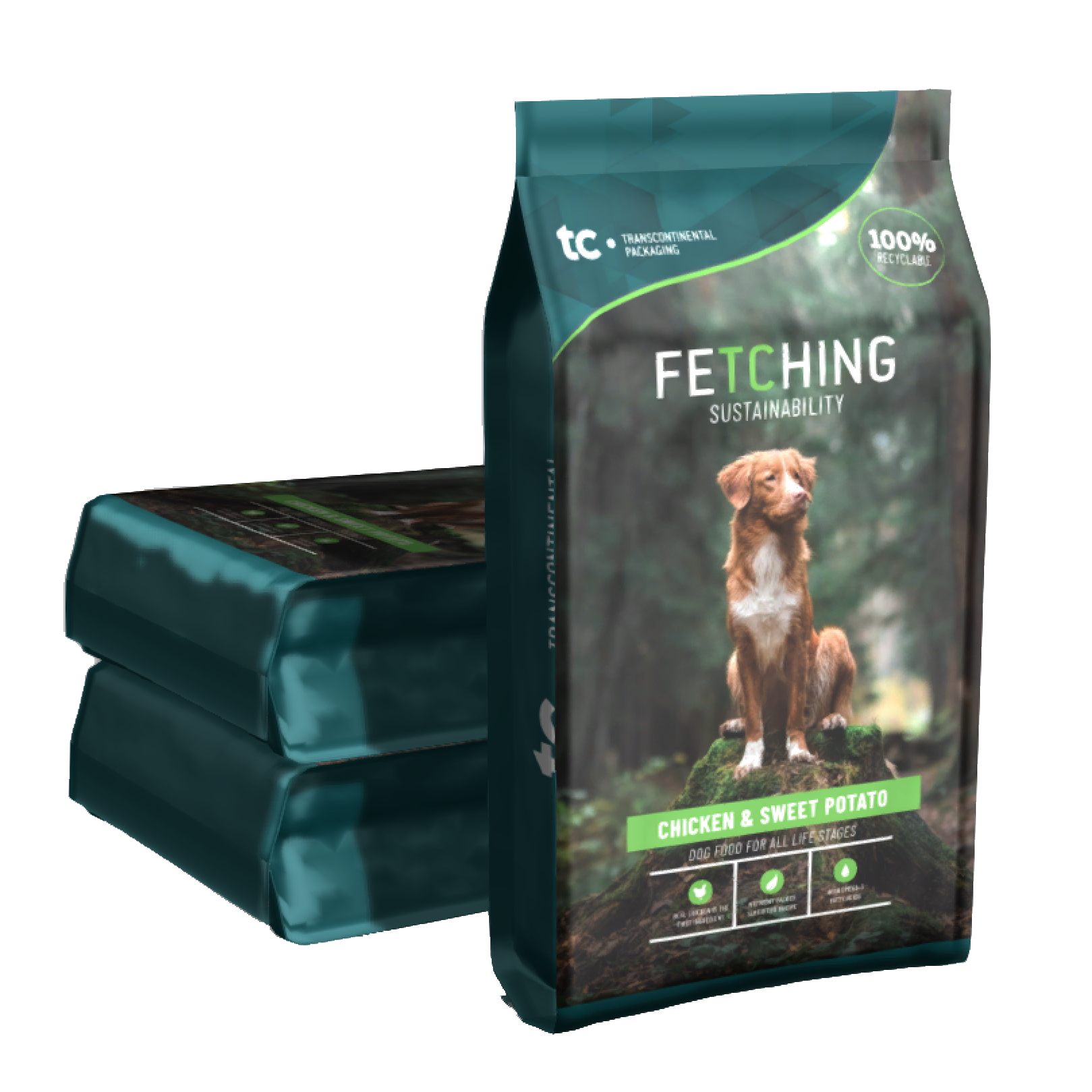
The Growing Concern for Sustainable Pet Food
More and more pet owners are becoming aware of the environmental impact of their furry friends’ food. Traditional pet food production often relies on intensive farming practices that contribute to deforestation, water pollution, and greenhouse gas emissions. The demand for meat-heavy diets for pets, coupled with unsustainable sourcing and processing methods, puts a significant strain on our planet’s resources. This growing awareness is driving a shift towards more eco-conscious choices, with pet owners actively seeking out sustainable and ethically sourced pet food options.
Understanding the Environmental Impact of Pet Food
The journey from farm to bowl leaves a considerable environmental footprint. Producing meat for pet food often involves raising livestock in factory farms, which contribute significantly to methane emissions—a potent greenhouse gas. The process also requires vast amounts of land and water, contributing to habitat loss and water depletion. Furthermore, the transportation of ingredients and finished products across long distances adds to carbon emissions. Even seemingly minor aspects, like the packaging of pet food, can contribute to environmental problems if not made from sustainable materials and properly recycled.

Happy Pets, Healthy Planet: The Rise of Eco-Friendly Pet Food
Fortunately, the pet food industry is responding to this growing demand for sustainability. More brands are emerging that prioritize environmentally friendly practices throughout their supply chain. This includes sourcing ingredients locally or regionally to reduce transportation emissions, opting for sustainably raised meat or plant-based alternatives, and minimizing packaging waste through innovative designs and the use of recycled materials. These brands are demonstrating that caring for our pets doesn’t have to come at the expense of the planet.
Key Features of Eco-Conscious Pet Food Brands
Eco-friendly pet food brands often share several key characteristics. They tend to prioritize sustainably sourced ingredients, such as meat from animals raised on pastureland rather than factory farms, or plant-based proteins like peas or lentils. Many use minimal or recyclable packaging, sometimes foregoing plastic altogether in favor of more sustainable alternatives like cardboard. Transparency is another hallmark, with these companies often readily sharing information about their sourcing practices, manufacturing processes, and environmental impact. Certifications from organizations dedicated to sustainable agriculture and responsible sourcing can also indicate a brand’s commitment to environmental stewardship.
Choosing the Right Eco-Friendly Pet Food for Your Pet
Selecting the right eco-friendly pet food requires careful consideration of your pet’s specific dietary needs and preferences. Just because a food is marketed as “eco-friendly” doesn’t automatically mean it’s the best choice for your animal. You should always check the ingredient list to ensure it meets your pet’s nutritional requirements. Look for high-quality ingredients and avoid those containing artificial colors, flavors, or preservatives. Consulting with your veterinarian can also be helpful in determining the best dietary choice for your pet’s health and well-being, while considering the environmental impact.
Beyond the Bowl: Reducing Your Pet’s Environmental Paw Print
Choosing eco-friendly pet food is just one step towards minimizing your pet’s environmental impact. Other actions you can take include responsible pet waste disposal (avoiding plastic bags and opting for biodegradable ones), using eco-friendly cleaning products for pet areas, and reducing your pet’s carbon footprint through responsible travel choices and minimizing energy consumption related to their care.
The Future of Sustainable Pet Food
The future of pet food is undoubtedly heading towards greater sustainability. As consumer awareness increases, the demand for eco-friendly options will continue to grow, pushing the industry to innovate and adopt more environmentally responsible practices. Expect to see even more innovative solutions emerge, from more widely available plant-based pet foods to more efficient and sustainable farming methods. The trend towards transparency and traceability in the supply chain will also likely continue, empowering consumers to make informed decisions about the food they feed their beloved companions.
Supporting Sustainable Practices: Making a Difference
By choosing eco-friendly pet food and adopting other sustainable practices, pet owners can contribute significantly to a healthier planet. Supporting brands committed to environmental responsibility not only benefits the environment but also encourages the wider adoption of sustainable practices within the pet food industry. Every conscious choice you make, from the food you buy to the products you use, helps create a positive impact, ensuring a happy future for both your pet and the planet. Please click here to learn more about sustainable pet food.
